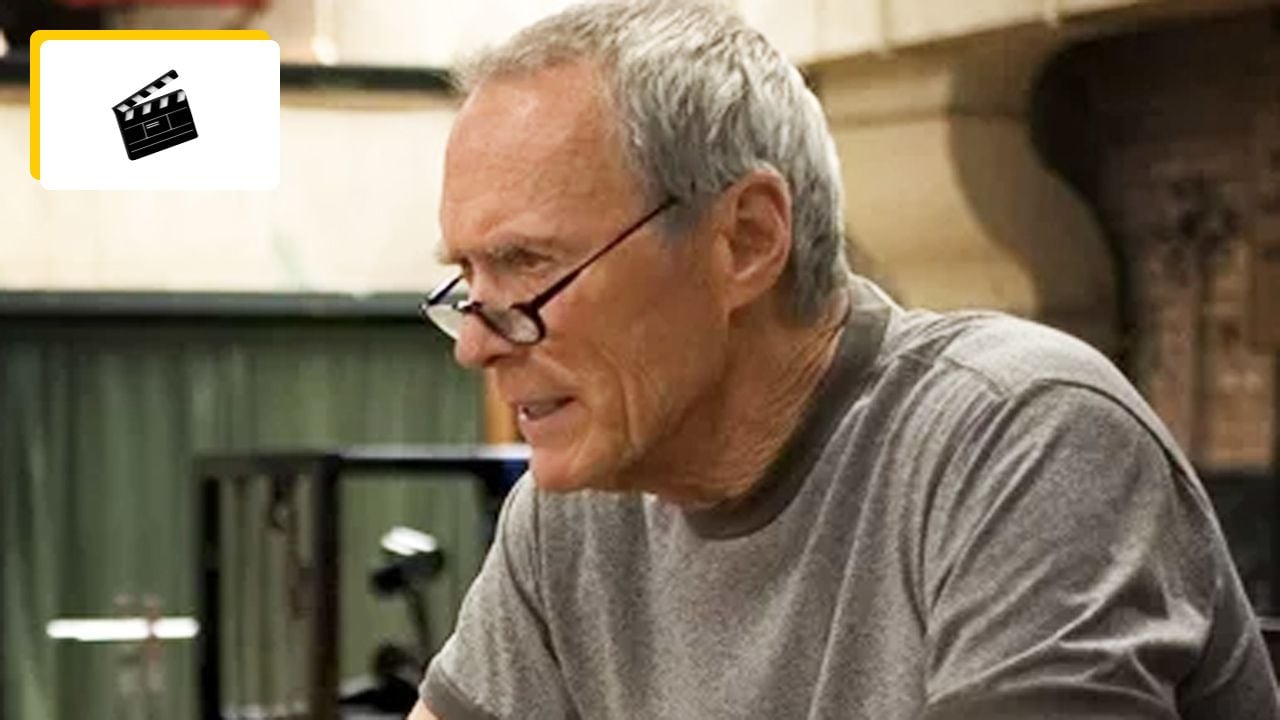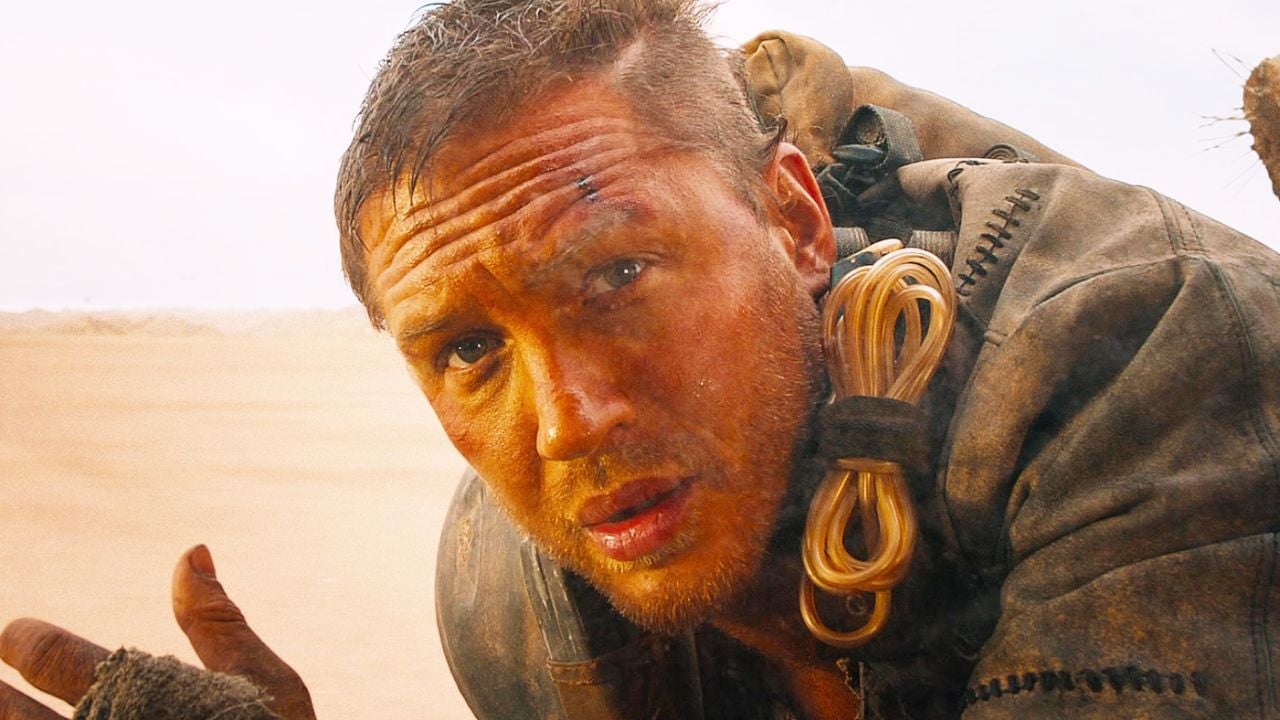Released in 1995, Madison Avenue is one of the pinnacles of Clint Eastwood’s enormous career. A far cry from the tough-guy image he so often portrays on screen, the actor-director broke his armor in this soaring melodrama that left the audience in tears. Ten years later, it was Clint Eastwood, crying tears streaming down the stubble of his weathered face, that we found in another absolute highlight of his career: Million Dollar Baby.
Buoyed by the energy and brilliant anger of its lead actress Hilary Swank, this drama with absolutely devastating emotional power was crowned with four Oscars, including Best Picture and Best Actress. In France, it is also the second biggest success of Eastwood’s career, with more than 3.16 million viewers; Slightly behind the Gran Torino and its 3.4 million.
And when we talk about a devastating emotional burden, we almost weigh our words. Let’s just say: it’s an absolutely depressing film that ends in the third act, where a pain-ridden Eastwood finds the strength to euthanize Maggie Fitzgerald to end her suffering.
“Does he really have to die after all?”
It wasn’t just the audience who found the film depressing, actually. So was Warner Studios, which was hesitant to greenlight the film for this very reason. This may be surprising at first. Warner has a long-standing, trusted relationship with the actor-director, to the point that Eastwood’s production company, Malpaso, has its own offices at Warner Studios.
The answer to this was given by the former CEO of Warner, Alan Horn, who gave an interview The Hollywood Reporter In 2011, when he had just left his post. “Clint came to see me, in his own way, that is, earnestly. He was not set up by anyone. I read it. And I said to myself, “I don’t feel it.” I thought, “I don’t know if women want to see women fight.”
In my defense, it must be said that at that time a central female character who trains in boxing was not very common, even a work like Girlfight had already been released a few years earlier. We were still a long way from democratizing MMA among women.
With Horne’s blessing, Eastwood left with his script in hand to approach other studios. He struck a deal with Lakeshore Entertainment, who agreed to co-produce the film for 50% of the then-$30 million budget. A modest budget, especially since Clint also has a reputation for sticking to his budget and shooting schedule.
With this arrangement, by limiting the risks, Warner was more inclined to co-produce the film. But Horne asked Eastwood if there wasn’t a way to tone down the brutality of the film’s depressing third act.
“I said : “I’m not saying no.” The movie killed me. I said, “Does he have to die in the end? Clint said, ‘I’m afraid.'” I said, “Does he really have to lose the fight?” William Goldman It was true: “No one in Hollywood knows anything.”
So we bless Alan Horne for knowing how to listen to Clint, despite his understandable reluctance at first. Twenty years after its release, Million Dollar Baby’s impact remains as devastating as ever.
Source: Allocine
Rose James is a Gossipify movie and series reviewer known for her in-depth analysis and unique perspective on the latest releases. With a background in film studies, she provides engaging and informative reviews, and keeps readers up to date with industry trends and emerging talents.







